
Music
The Desert Ark (L'Arche du Desert), a variation on Romeo and Juliet set in the Algerian desert. A young couple must face inevitable conflict when their rival families discover their secret love. Taking refuge in a cave, they listen to the sounds of a senseless campaign of violence and murder, which is the culmination of the extremism that has long divided their two communities. Nominated for the Golden Leopard at the 1997 Locarno Film Festival.

Original Music Composer
Seen through the filtered lens of boyhood memories, award-winning director Mohamed Lakhdar-Hamina crafted this half-fictional, half-autobiographical account of a brief period in the history of an Algerian village. It is 1940, and the quiet town is ruled by French colonialists appointed by the Vichy government. Algerians are being called up for service in the Vichy military, and Jews in the village are in danger of deportation. A beautiful young schoolteacher named Claire Boyer (Veronique Jannot) arrives in town and turns every male head within miles, including 14-year-old Mouloud (Merwan Lakhdar-Hamina, the director's son). Simon Attal (Michel Boujenah), a fellow teacher and a Jew, is also attracted to Claire, and so is Mouloud's older brother. Suddenly two murders occur in the village, Simon is in danger of being deported, and the tone shifts from the dreams of boyhood to the realities of manhood.
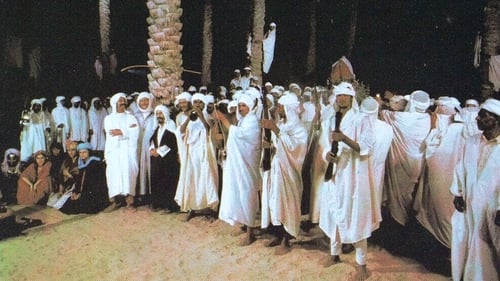
Music
Seen right through the sandstorms that rack the lives of a tribe living on a desert oasis, is a subtle and not-so-subtle mistreatment of the female members of the tribe - tribal chiefs have the right to be the first to deflower virgins, and single or widowed mothers must walk a narrow line of behavior restrictions that do not apply to their male counterparts. Both genders, however, fight the brunt of the harsh desert winds together.

Music
Directed by Mohamed Chouikh.

Music
An arranged marriage as seen through the eyes of an unhappy young Algerian woman.

Director
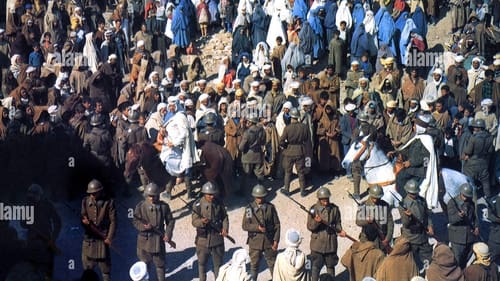
Music
The beginings of the Algerian Revolution as seen through the eyes of a peasant.

Music
Directed by Mustapha Badie.
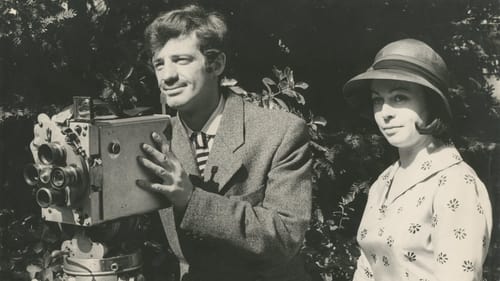
Director
An interesting mixture of filmed scenes with Belmondo and archival footage regarding cultural aspects of all kind around Paris, starting at the end of the 19th century and ending in the mid-1960's. Jean-Paul Belmondo leads us through the movie starting as a young photographer around 1900, a reporter in both world-wars and doing fictional interviews with lots of celebrities.

Director
When a museum depicting the violence man inflicts on himself opens, a doctor, a woman and a museum official go through the building before the grand opening. Discussing the subject matter, their attention quickly turns to the May Day riots that plagued Paris. This symbolic film tries to portray all victims of violence as Christlike figures. Stock footage of war and suffering are used to underscore the effectiveness of the subject matter in this uneven feature.
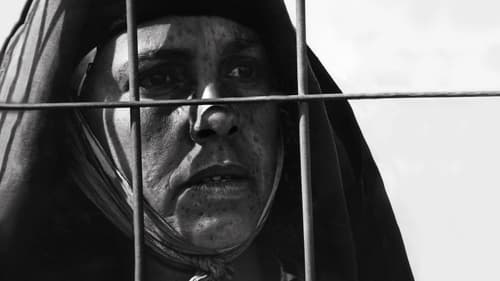
Music
This black-and-white film – the first road movie of Algerian cinema – presents one of the most readily apparent, though subtle, transformations of the daily life of the people of Algeria brought about by the ordeal of French occupation and the war of liberation. With military repression in full force, a peasant woman finds herself alone in her house in the mountains when her only son is taken away by French soldiers soon after her husband is killed in a raid. One day, on seeing a dead chicken, which she considers a bad omen, she decides to leave home, and sets off on a tiring journey through the mountains. With a pair of chickens in tow, she moves from one detention camp to the next in a desperate search for her missing son. The film was inspired by events experienced by the family of its director.

Music
A study of conscience set against the trial of Eichmann in Israel.

Writer
A study of conscience set against the trial of Eichmann in Israel.

Director
A study of conscience set against the trial of Eichmann in Israel.

A story of "La Pasta", a renowned prima donna, and her extraordinary rival.
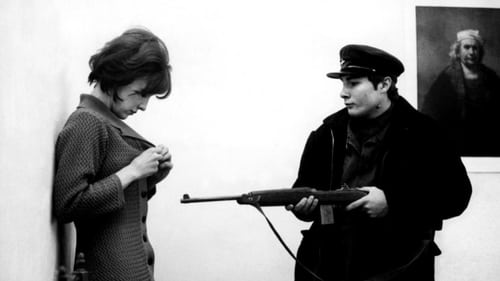
Original Music Composer
두 명의 시골 소작농이 군에 입대하여 전쟁에 참가한다. 그들은 전쟁수행 기간동안 무엇을 해도 좋다는 자유와 부를 누릴 수 있다는 생각으로 강간, 살인, 약탈에 탐닉한다. 그러나 예견했던 승리는 점점 멀어져가고...

Sound Mixer
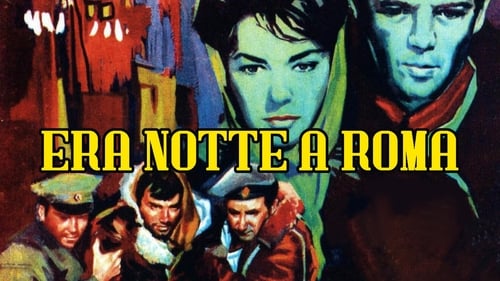
Sound Effects
In Nazi-occupied Rome, a beautiful bootlegger, to the chagrin of her lover, gives sanctuary to three escaped POWs: an American pilot, a Russian sergeant and a British major.

Original Music Composer
라 상테 형무소에서도 특히 경계가 삼엄한 감방 안에는 ‘신부’라는 별명을 가진 보슬랭, 세 차례 탈옥 경력이 있는 롤랑, 눈초리가 날카로운 마뉴, 그리고 여자를 좋아하는 조가 있다. 지하에 구멍을 파고 탈옥한다는 계획을 모의하던 네 사람은 형무소 풋내기 가스파를 계획에 가담시킨다.
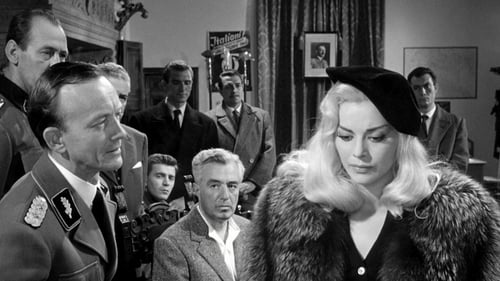
First Assistant Director
1940년대 이태리의 제노바 항구는 독일의 나치가 장악하고 있었다. 이 항구에 영웅적인 저항군 지도자 로베레 장군이 상륙하다가 뜻하지 않게 사살이 되고, 이에 독일 보안대는 이 사실을 감추고 바르도네(비토리오 데시카)란 사기꾼을 로베레 장군으로 위장시켜 레지스탕스 가담자들을 가둔 감옥에 집어넣게 된다. 평생 남의 불행이나 약점을 이용해 등쳐먹고 살던 사기꾼 바르도네는 로베레 장군 행세를 하면서 죄수들에게서 정보를 얻어내면, 상당한 보상을 약속을 받고 나찌의 가짜 로베레 장군 역할을 해나가는데...
가짜 로베레 장군인 줄 모르는 동지들은 이 영웅적인 지도자에게 절대적인 존경과 신뢰를 바친다. 그 과정에서 이 비열한 사기꾼은 마음에 변화가 생기게 되고, 그들의 존경과 신뢰를 배반하지 않기 위해, 그는 진짜 로베레 장군으로 바뀌어 가게 된다. 동료 죄수들 가운데 다툼이 일어나면 그는 로베레 장군답게 그들을 타이르고 중재도 하고. 죽음의 공포에 떠는 죄수에게는 애국투사로서의 용기를 불어 넣어 주기 까지 한다. 감옥동지들의 구심점인 그는 진정한 로베레 장군으로서 동지들과 함께 의연하게 사형장으로 끌려가, 동지들을 격려하는 연설을 마친 후 결국 함께 총살을 당하게 된다.
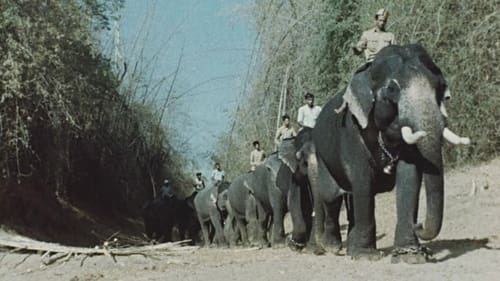
Original Music Composer
로셀리니가 인도 여행 당시 수집한 여러 자료들 및 스스로의 체험, 현지인들의 이야기를 바탕으로 해 제작한 영화로, 문명과 자연이 서로 조화되는 동시에 대결하기도 하는 인도에서의 삶의 여러 양상들을 우화적으로 그려내고 있다. 특수한 사례들과 우화의 결합을 통해 어느 순간 세계와 인간에 관한 통찰로 비약하는 로셀리니 영화의 특징을 가장 잘 보여주는, 불가해하면서도 매혹적인 걸작.
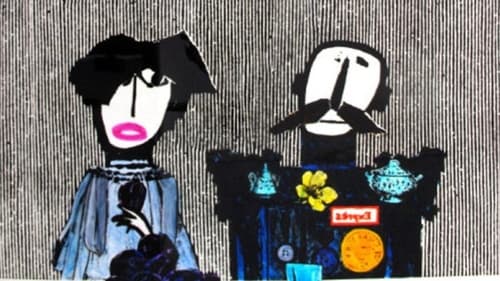
Music

Music









